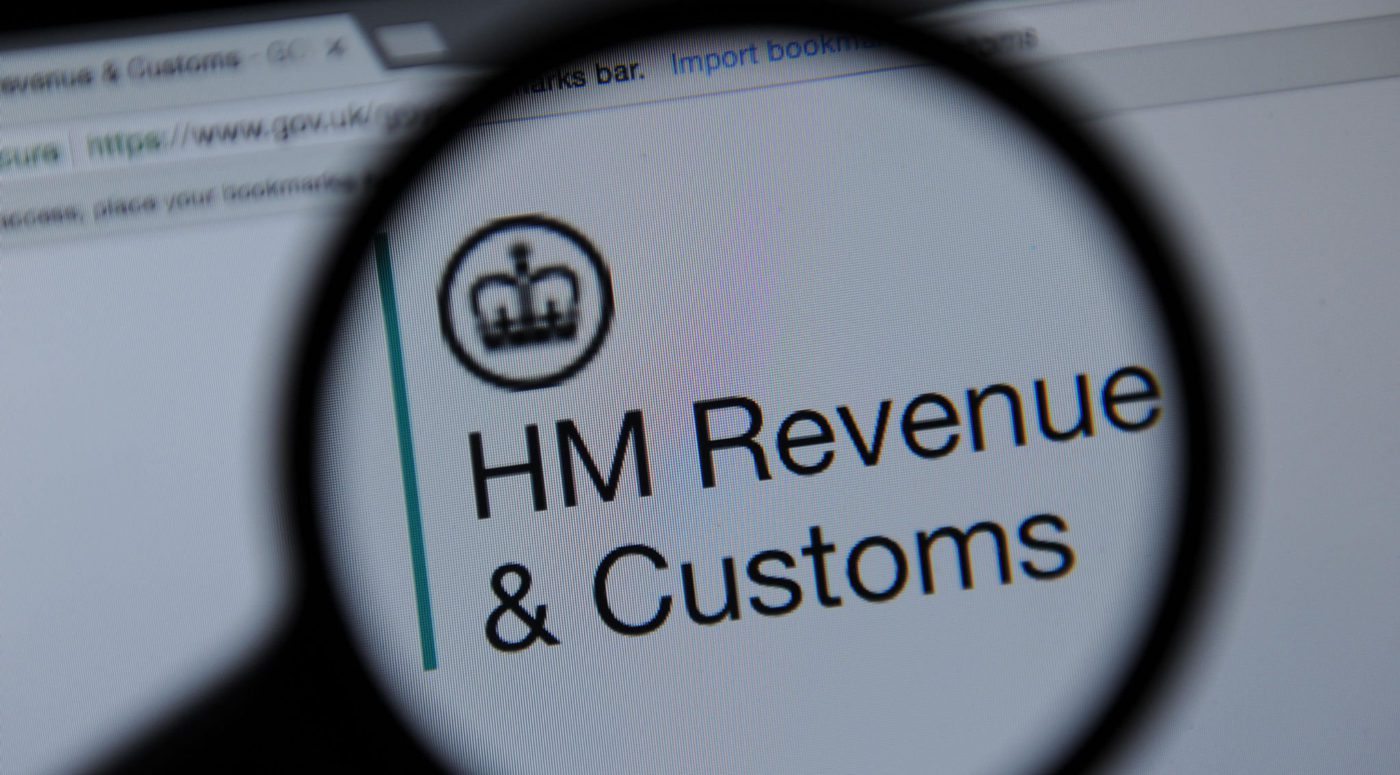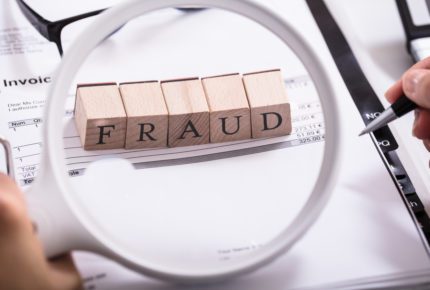

If you have been charged with a conspiracy offence, you may be wondering exactly what a conspiracy means. A conspiracy means an overt written or verbal agreement to commit a criminal act. It can be something less than a concrete plan, however it must be more than a speculative conversation. The offence can be committed even where no steps have actually been taken to make the criminal offence happen. In relation to tax offences, this means that you can be prosecuted for conspiracy to evade tax, even where no tax has actually been evaded. If you find yourself in this unenviable situation, it helps to know your rights. Read on to understand the legal definition of tax fraud, and how conspiracy is defined in law. We also look at the sentence that you could face if you are convicted of this offence.
What is tax fraud?
Tax evasion is a criminal offence relating to the fraudulent failure to pay tax. Tax evasion comprises any fraudulent activity that intends to divert funds from the public revenue. Tax fraud also includes statutory offences such as:
- Fraudulently evading VAT contrary to Section 72 of the Value Added Tax Act 1994
- Fraudulently evading income tax contrary to Section 106A of the Taxes Management Act 1970
Under these laws, it is a criminal offence to take steps towards or be concerned with the evasion of tax. This means that you can be convicted of these offences even if you have not actually successfully evaded paying tax.
Tax evasion can be committed by an individual acting on their own. However, tax evasion facilitation offences can also be committed by corporate entities who enable individuals to evade paying tax. Tax evasion facilitation occurs where a taxpayer criminally evades paying tax and this is facilitated by a business entity such as a company or a partnership. In order to bring a tax evasion facilitation charge, Her Majesty’s Revenue and Customs (HMRC) has to show that the individual evaded paying tax, this was facilitated by an associated person business entity linked to the individual, and the business entity involved failed to prevent its representative from committing the criminal facilitation act. Even if the individual taxpayer is not prosecuted, where the tax evasion offence can be proven, it is still open to the HMRC to prosecute the corporate entity involved.
What is a conspiracy in law?
There are two types of conspiracy in the law of England and Wales that could be used to prosecute tax fraud, statutory conspiracy, and common law conspiracy.
Statutory conspiracy
Statutory conspiracy is set out at Section 1 of the Criminal Law Act 1977 (CLA). This essentially enables the prosecution of a conspiracy charge in relation to any statutory criminal offence. This means that conspiracy to commit offences such as fraudulently evading VAT or income tax, as well as the offences set out in the Fraud Act 2006 can be charged under the Section 1 of the CLA.
A person can be found guilty of conspiracy if:
- They agree with any other person or persons
- That a course of conduct shall be pursued which, if the agreement is carried out in accordance with their intentions, either—
- will necessarily amount to or involve the commission of any offence or offences by one or more of the parties to the agreement, or
- would do so but for the existence of facts which render the commission of the offence or any of the offences impossible.
There are several key exceptions limiting who can be prosecuted for conspiracy. A person cannot be prosecuted for a conspiracy between themselves and their spouse, where the intended victim is the only other person involved, or where the only other person involved is a child under the age of criminal responsibility. In addition, the intended victim of an offence, or a child under the age of criminal responsibility cannot be charged with conspiracy.
When will the common law offence of conspiracy to defraud be used?
The common law offence of conspiracy to defraud can also be used to prosecute tax fraud. This offence has been developed by the courts and exists in addition to the fraud offences set out in the Fraud Act 2006.
Government guidance suggests that this offence should only be charged when it is not possible to lay a charge for conspiracy to commit a statutory offence under the Fraud Act 2006. This guidance suggests that the common law offence of conspiracy to defraud will be used in situations where prosecutions under the statutory offences would lead to a large number of separate charges.
This could include where there is evidence of several significant but different kinds of criminality, where criminality occurs across several jurisdictions (i.e. different countries), where multiple different classes of victims are involved (e.g. banks, individuals, credit card companies), or where the offence is committed by organised crime networks. Because conspiracy to defraud is a more general offence, it would allow one trial to encompass all of these different types of activities. This in turn makes it easier for the court to arrive at the appropriate sentence.
In addition, there are specific types of offence which must be prosecuted as conspiracy to defraud rather than under the Fraud Act 2006. These include:
- where land or intellectual property has been dishonestly obtained
- where the final fraud offence is intended to be committed by someone outside the conspiracy
- where the accused cannot be proved to have had the necessary degree of knowledge of the substantive offence to be perpetrated
What happens if you commit tax fraud?
Tax fraud is usually investigated by HMRC rather than the police. It can also be investigated by the Serious Fraud Office. The different types of tax fraud that HMRC investigate include using false or forged documents to avoid tax, involvement in a tax avoidance scheme, and VAT fraud or evasion.
HMRC also investigates some money laundering offences. If you are suspected of tax fraud, you could be arrested by HMRC officers and interviewed, or you may be asked to attend a voluntary interview. This interview will take place under caution, which means that anything that you say or fail to say may be held against you later in court. For this reason, it is advisable to have a legal representative present at the interview. Once HMRC’s investigation is complete, you will be notified of their charging decision. If you are charged, you will have to appear at court
What is the sentence for committing conspiracy to commit tax fraud?
The maximum sentence for conspiracy to commit tax fraud depends on whether it is charged under the common law or the statutory offence. The common law offence carries a maximum sentence of 10 years’ imprisonment or an unlimited fine. Meanwhile, the statutory offence of conspiracy carries the maximum sentence of the statutory criminal offence. For example, the maximum sentence for evading VAT is 6 months’ imprisonment in the Magistrates’ Court or 7 years’ imprisonment if the case is heard in the Crown court. The maximum sentence for evading income tax is 12 months in the Magistrates’ Court or 7 years in the Crown Court. You could also receive a fine.
That said, the maximum sentence will only be handed down in the most serious of cases. The guide produced by the Sentencing Council sets out the approach that must be adopted by the courts when determining the appropriate sentence for tax evasion. First, the court will look at the culpability of the offender. If you played a leading role in a conspiracy to evade tax, you will be considered to be more culpable.
On the other hand, if you become involved in the offence in an opportunistic manner, or you were forced or pressured by others to play a role in the offence you will be held to be less culpable. Next, the court will consider the harm caused by the offence. This is principally determined by the value of the fraud. Taking these two factors into account, the court will arrive at your sentence starting point.
For example, a £25,000 fraud, where you played an important role but where you were not the leader of the group of individuals involved and therefore you were deemed to have a ‘medium’ level of culpability, would result in a sentence starting point of 15 months. From there, your sentence could be increased or reduced based on statutory aggravating and mitigating factors. If you have dependent relatives, say, this would be considered a mitigating factor. Your criminal defence solicitor will help you to prepare your plea in mitigation.
Where to get further help?
Conspiracy to evade tax is a serious offence. If you have been accused of tax evasion, don’t delay getting advice any longer – speak to Stuart Miller Solicitors. Our capable team of criminal defence solicitors are able to get their heads around complex financial fraud. We will ensure that you receive top quality legal representation. The earlier that you instruct us, the better. Contact us for a no obligation consultation.

